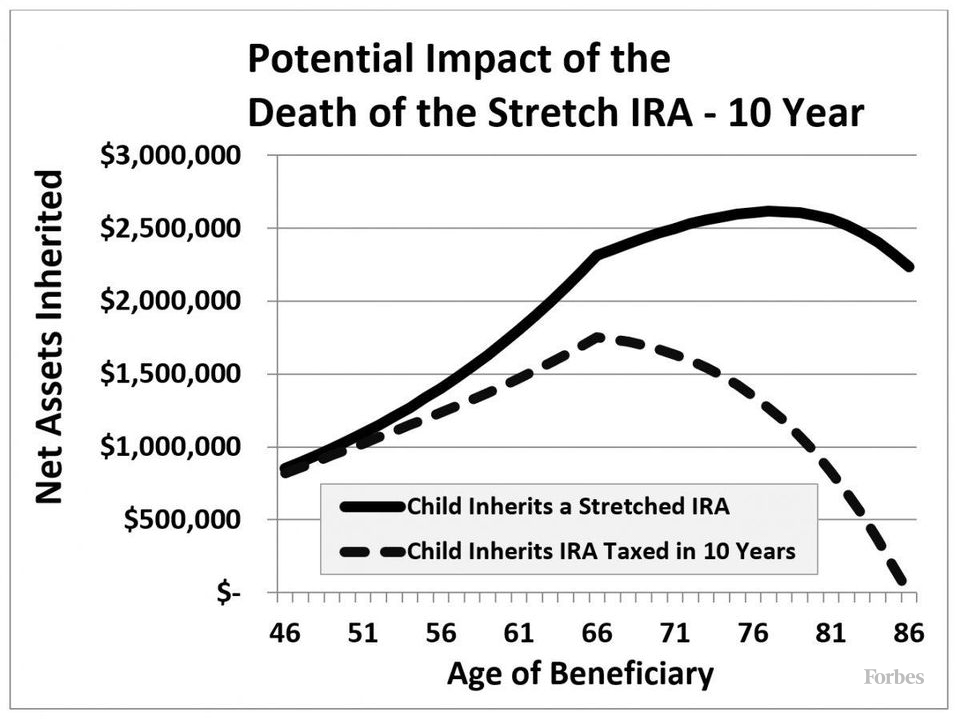“If Voting Changed Anything, They’d Make It Illegal”
Democracy Is The Theory That The Common People Know What They Want, And Deserve To Get It Good And Hard
H. L. Mencken
Good Judgment Comes From Experience, And A Lot Of That Comes From Bad Judgment
Will Rogers
A Man Who Carries A Cat By The Tail Learns Something He Can Learn In No Other Way
Mark Twain
“A Week Is A Long Time In Politics”
Toxic Typo’s – Sinful Syntax – Poisonous Punctuation. And Still Not Legal Advice!
“Our House Is A Very Very Very Fine House” – Graham Nash
What legally binding forms are required/recommended to ensure a persons desire to leave a house to someone else after they pass?
We live with my mother in law and have for the last 18 years, she is getting up in age and has promised us her house when she passes. Her other children are not aware of this at this time. To avoid drama and conflict later her and I both agree something legally binding should be created now to avoid conflicts later. What exactly needs to be created or stated to ensure that the house is left to us per her wishes? Also if the forms are not created is there a natural procedure for who the house would be offered to (eldest child etc)? Thanks
What You Should Do: Fight. Fight. Fight. Mom expressed her desire that you take care of her business. Where the hell does brother get off challenging Mom’s wishes? At the next stop, that’s where! Going to probate court, seeking guardian/conservator when Mom already handled matters is bogus. And you can quote me on that. (Unless you are neglecting Mom and stealing her money).
Accurate Answer: Lawyer up. Call the lawyer who is filing these papers in Probate Court. Express your willingness to “go to the mattresses” until Kingdom Come. And be ready to endure a contested matter in probate court. It will suck. It will be expensive. It will be worth it.
“It Is A Wise Father That Knows His Own Child”- Shakespeare
Can parent in nurse care transfer asset to a disable child without penalty? does it need to be in a trust or can it be a gift?
Dad is in a nursing home and is currently spending down however one of his adult child is on SSDI can he transfer assets to his child on SSDI without penalty Thank you
General Answer: Most Medicaid programs for older folks, including the one that pays your Dad’s skilled nursing, will allow Dad to transfer assets to a disabled child. Usually such a transfer would be “divestment” and Dad would be heavily penalized. But since brother is on Social Security Disability, transfers to him will not be divestment.
Next Step: Do not make the transfer directly to brother. You know about his Social Security Disability Income. Is it crazy to think that brother may be on other government programs? Isn’t it likely? So, let’s not give him the money directly, but create a trust “solely for the benefit” of brother. No Direct Transfer. Transfer to Supplemental Needs Trust. Works Great and No Probate! Try It, You’ll Like It! You are welcome, sir!
“Out Damned Spot!” – Shakespeare
When the person dies I am taking care of in her daughter another house can I stay there ?
I do not have a lease from the person I am caring for. The person has a life estate in her house she gave to her daughter decades ago. When she dies I feel I should be able to stay in the house for 30 days at least till I find another place to live in. The daughter and myself are not on friendly terms and she refused to give a lease years ago. I have been a caretaker for the Mother 12 years?
Sad But True Answer: You can stay in the house only so long as it takes Daughter to evict you through the usual process. Expect to get a Notice to Quit – Termination of Tenancy as soon as your client dies. That document will give you 30 days to pack up and vamoose!
Hopeless, Helpless Situation: There is nothing that can be done about this now. The person you are caring for does not own the entire house. All she has (according to you) is a “life estate” in the house. That life estate dies when your client dies. And then daughter owns all. And you are looking for an apartment.
Hindsight is 20/20 Advice: Like most people, you do not like pushiness. You don’t push other folks around. And you don’t like to complain. That’s why you do not have future housing security. You are first in line to get the Bum’s Rush as soon as your client dies. You coulda, shoulda, woulda taken care of this a long time ago. Now you are dependent on daughter who does not like you.
Do you like anxiety? Does insecurity make you happy? Otherwise, when (if) mom needs long-term care, Medicaid will say she has been giving her money away. And Medicaid will hit mom with a penalty period. Not good.
Why Estate Planning Fails
If Trusts Avoid Probate…
And Special Real Estate Deeds Avoid Probate… And Beneficiary Designations Avoid Probate… Why Do We Need More Probate Judges?
And How To Make Yours Succeed
Seems like estate planning is all about avoiding probate. Financial advisors, lawyers, your brother- in-law… everybody full of good advice about how to avoid probate. And those poor dear probate judges! Nothing to do… out of work… unemployed… thing of the past…?
But then look at your Kent County ballot come Election Day. Lo and behold, they are creating a new probate judge. A desperately needed probate judge. To meet the rising demand for probate. Who’s getting rid of any probate judges? Nobody. Busier than ever. Need more. Adding them. Not kidding.
How can this be? Isn’t everybody’s avoiding probate? And still the probate courts are overworked and overwhelmed? Gee, do you think that maybe all that “avoid probate” stuff doesn’t really work? Why not?
Your estate plan will fail. Your estate planner claims to be avoiding probate, saving taxes, and delivering the leftovers to painlessly to your beneficiaries. And this fails. Fails so badly we need more probate judges.
Traditional estate planning fails for many reasons. A big one: 70% of us will need long-term skilled care. 70% of us. For an average of 3 years. And we will go broke paying for it.
Are you surprised that thousands of recreation properties: cottages, cabins, hunting land, are lost to pay for long-term care? Then probate feasts on the measly leftovers. Why is your estate plan so bad? Evil intent? Stupidity?
LifePlanning™ defeats Nursing Home Poverty. Keep your stuff. Get the care you have already paid for. Good for you. Good for your family. Good example for society. Stay out of probate.
Should stroke, disability, dementia always lead to financial ruin? And the probate court? Are you happy to see your lifesavings evaporate? Thousands of LifePlan™ families know a better way.
If your loved one suffers from dementia that leads to death, should they die impoverished? Should the survivors live impoverished?
LifePlanning™ means your last years will be years of security and peace of mind.
Is A Real Solution A Bad Idea?
Perhaps you think you already have an answer to this problem. Maybe you do not see this as a problem at all. It is possible that you do not believe in the passage of time or its effects on you.
Peace of mind and financial security are waiting for everyone who practices LifePlanning™. You know that peace only begins with financial security. Are legal documents the most important? Is avoiding probate the best you can do for yourself or your loved ones? Is family about inheritance? Or are these things only significant to support the foundation of your family?
Do you think finding the best care is easy? Do you want to get lost in the overwhelming flood of claims and promises? Or would you like straight answers?
Well, here you are. Now you know. No excuses. Get the information, insight, inspiration. It is your turn. Ignore the message? Invite poverty? Or get the freely offered information. To make wise decisions. For you. For your loved ones.
It all begins with the LifePlan™ Workshop. An hour or two that changes your family history. The first step on the path to security and peace. Why not your family? Why not you?



